Stage 1 Ampullary Cancer and New Motherhood: Michelle’s Story of Grace and Strength
When Michelle welcomed her first child in early 2023, she never imagined that just three weeks later, she’d be facing a diagnosis of stage 1 ampullary cancer. Settling into new motherhood should’ve been a time of bonding, baby cuddles, and late-night feedings — not scans, surgeries, and chemotherapy. Her world turned upside down almost instantly, and what followed was a blur of medical decisions and emotional upheaval.
Interviewed by: Nikki Murphy
Edited by: Katrina Villareal
Michelle first noticed something was off during her pregnancy. Recurring bouts of pancreatitis led doctors to discover gallstones and a small, benign tumor. Since everything seemed under control, her care team agreed to wait until after her baby was born to remove it. But when surgery day came, doctors discovered that the tumor had grown, and that it was cancerous.
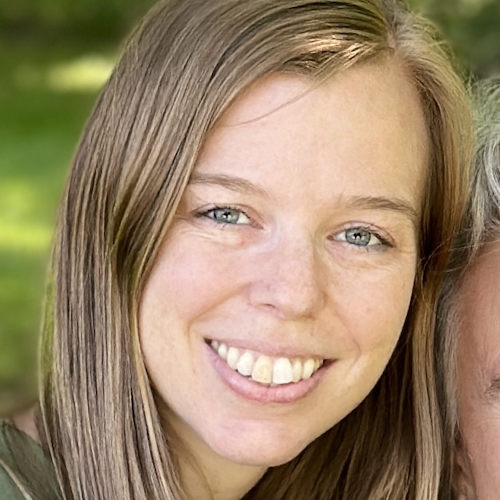
That moment changed everything.
Suddenly, Michelle found herself navigating the complexities of parenting a newborn while preparing for a major procedure: the Whipple surgery. That day marked the first time she had to leave her baby. It wasn’t just physically painful; it was emotionally gut-wrenching. But with her husband by her side and her family caring for her infant, she leaned on her faith and support network for strength.
Even after the successful surgery, her path was far from over. Michelle went through 11 rounds of chemotherapy for stage 1 ampullary cancer, each session draining her physically and emotionally. She candidly shares how fatigue and sensory triggers, like the smell of the alcohol swab at the infusion center, made each treatment harder. Yet, through it all, she never stopped showing up for her child or for herself.
Now two years in remission from stage 1 ampullary cancer, Michelle is in the thick of survivorship. She admits that this stage brings its own set of challenges: processing the trauma, managing lingering pancreatitis, and learning who she is now. Celebrating her son’s birthdays is bittersweet; it reminds her of the season her life took such a dramatic turn. But Michelle is honest, hopeful, and deeply grounded in faith. She’s also fiercely committed to creating space for other young adults going through similar diagnoses.
For Michelle, hope comes in the form of connection, whether it’s a single friend who gets it or a support group of people living with rare cancers like stage 1 ampullary cancer. She advocates for more resources, more empathy, and more grace. Most of all, she encourages others to stay open to faith, healing, and people.
Watch Michelle’s story to find out more:
- What happens when your cancer diagnosis comes just three weeks after becoming a mom?
- Michelle reveals the emotional weight of leaving her newborn for surgery.
- Discover how faith and family supported her through stage 1 ampullary cancer.
- Learn why survivorship might be the most emotionally complex phase.
- Michelle’s story shows that hope, connection, and grace go a long way.
- Name: Michelle K.
- Age at Diagnosis:
- 31
- Diagnosis:
- Ampullary Cancer
- • Staging:
- Stage 1
- Symptom:
- Recurrent pancreatitis
- Treatments:
- Surgery: Whipple procedure (pancreaticoduodenectomy)
- Chemotherapy
This interview has been edited for clarity and length. This is not medical advice. Please consult with your healthcare provider to make informed treatment decisions.
The views and opinions expressed in this interview do not necessarily reflect those of The Patient Story.

Inspired by Michelle's story?
Share your story, too!
More Rare Cancer Stories
Ashley S., Adrenal Cancer, Stage 4
Symptoms: Swollen ankles, very low potassium levels
Treatments: Surgery (removal of tumor, open-heart surgery), chemotherapy, immunotherapy, radiation
...
Ashley P., Adrenal Cancer, Stage 4
Symptom: Mild back pain on her left side that escalated in severity
Treatments: Chemotherapy (etoposide, doxorubicin, and cisplatin), mitotane, surgery, lenvatinib
...
Cassandra R., Adrenal Cancer (Adrenocortical Carcinoma), Stage 4
Symptoms: None; inconclusive bloodwork during a blood test to determine her baby’s gender
Treatments: Surgery (adrenalectomy), radiation therapy, chemotherapy, immunotherapy
...
Hope L., Adrenal Cancer, Stage 2
Symptoms: High blood pressure, butterfly rash, joint pain and swelling, rapid heart rate
Treatments: Surgery (adrenalectomy), chemotherapy
...
Janelle C., Adrenal Cancer (Adrenocortical Carcinoma), Stage 4
Symptoms: Excessive thirst and water intake, interrupted sleep due to waking to drink and urinate, suspicious weight gain despite working out
Treatments: Surgeries (adrenalectomy, nephrectomy), chemotherapy
...
Hunter D., Desmoplastic Small Round Cell Tumors (DSRCT)
Symptoms: Abdominal pain, nausea, vomiting, fatigue
Treatments: Surgeries (debulking surgeries), chemotherapy, radiation therapy (radioimmunotherapy, under a clinical trial)
...
Gianna C., Desmoplastic Small Round Cell Tumors (DSRCT)
Initial Symptoms: Urinary tract infection (UTI), consistent pressure in stomach, stomach pains, passing out
Treatment: Chemotherapy, surgery
...
Hamish S., Desmoplastic Small Round Cell Tumors (DSRCT)
Symptoms: Persistent fatigue, nausea, weight loss, hard abdominal lump
Treatments: Interval-compressed chemotherapy, surgeries (cytoreductive surgery, peritonectomy, HIPEC, right hemicolectomy, low anterior resection)
...
Joe F., Desmoplastic Small Round Cell Tumors (DSRCT)
Symptoms: Mild abdominal pain, fatigue
Treatment: Surgery, chemotherapy, radiation
...
Regina J., Lung Neuroendocrine Tumor
Symptoms: Wheezing, back pain, coughing that sometimes produced blood
Treatment: Surgery (partial lung resection)
...
Tabbie V., Pancreatic Neuroendocrine Tumor (pNET)
Symptoms: Abdominal pain, unusual organ "inflammation" feeling when walking, fatigue
Treatments: Chemotherapy (oral and IV), surgeries (Whipple procedure or pancreaticoduodenectomy, liver resection or partial hepatectomy)
...
Hayley O., Pancreatic Neuroendocrine Tumor (pNET)
Symptoms: Severe right-sided pelvic pain, nausea, diarrhea
Treatment: Surgery (pancreaticoduodenectomy or Whipple procedure)
...
Drea E., Gastric Neuroendocrine Tumor (gNET), Stage 3, Grade 1
Symptoms: Fainting spells, fatigue, dizziness, anemia, shortness of breath, absence of menstruation, unexplained weight loss, night sweats
Treatment: Surgery (total gastrectomy with a Roux-en-Y reconstruction)
...
Caroline C., Gestational Trophoblastic Neoplasia & Placental Cancer, Stage 3
Symptoms: Morning sickness & an unusually high beta hCG
Treatment: EMACO chemotherapy
...
Shannon W., Choriocarcinoma
Symptoms: Molar pregnancy, vaginal bleeding, overall feeling of unwell, cramping, weight loss, elevated HCG level, feeling bloated
Treatments: Chemotherapy, surgeries (D&C, total hysterectomy)
...



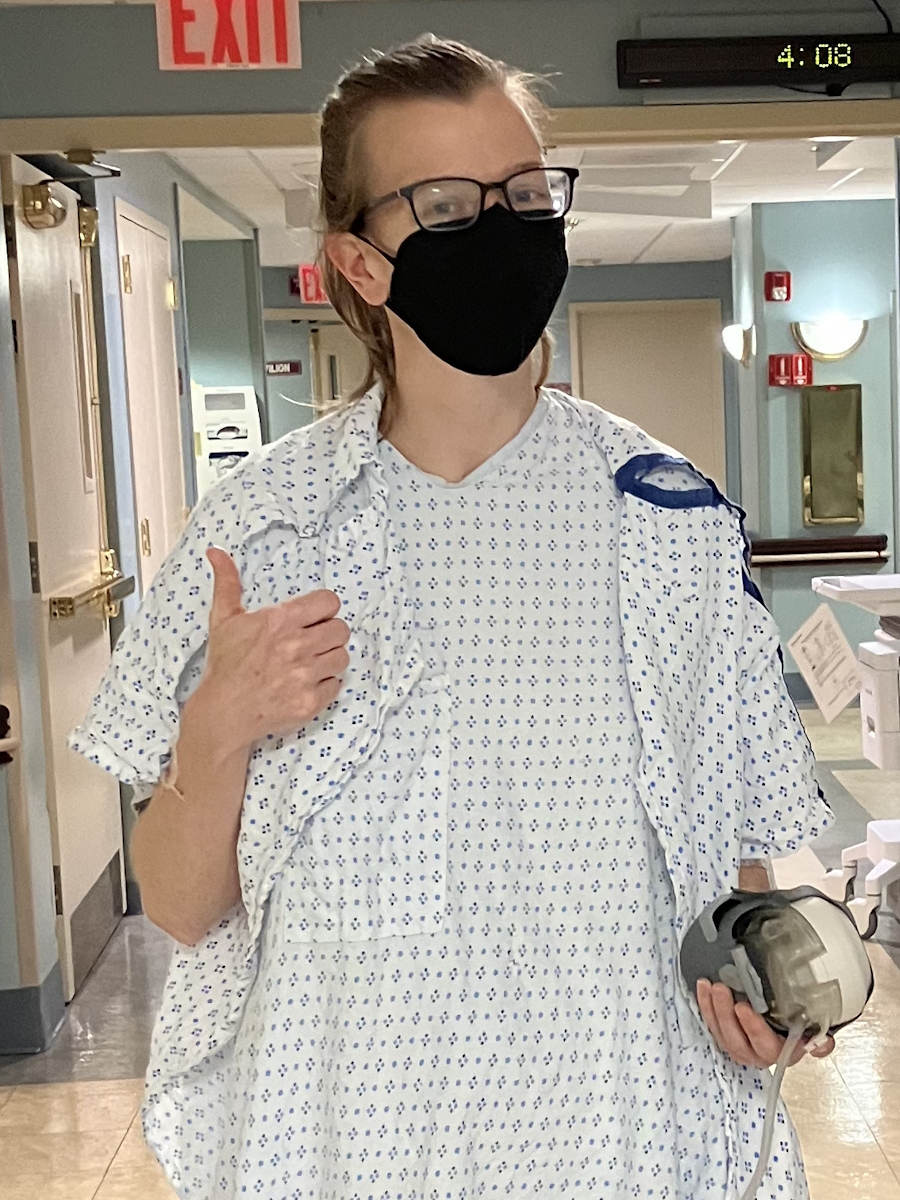
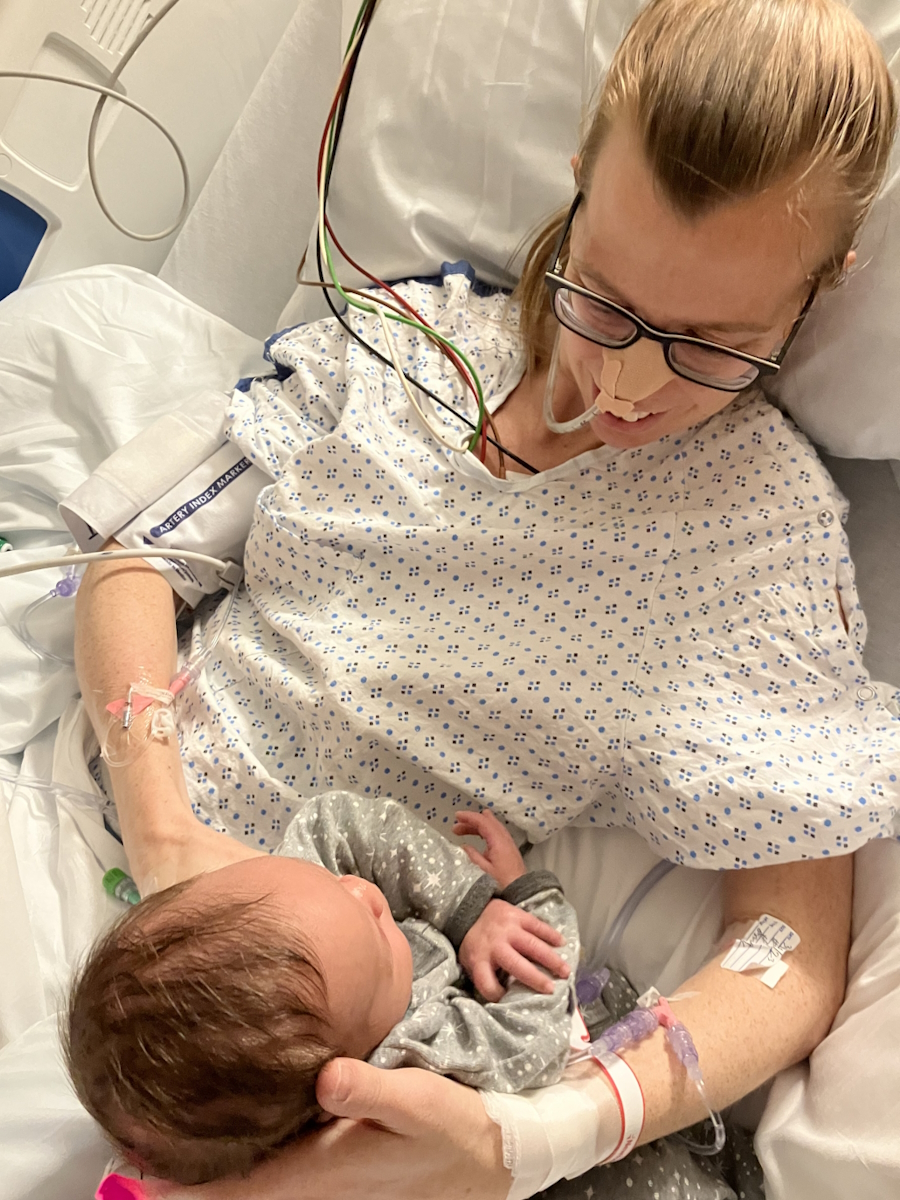
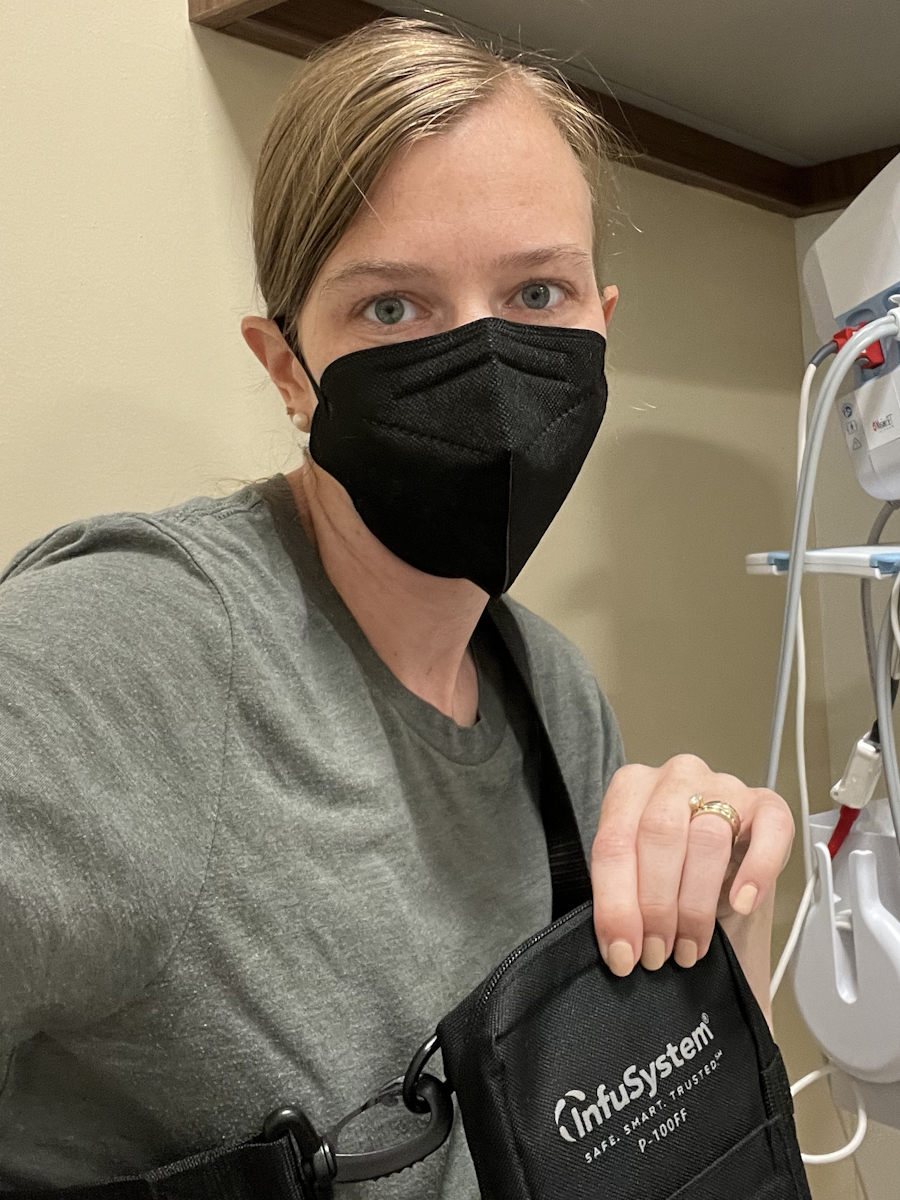

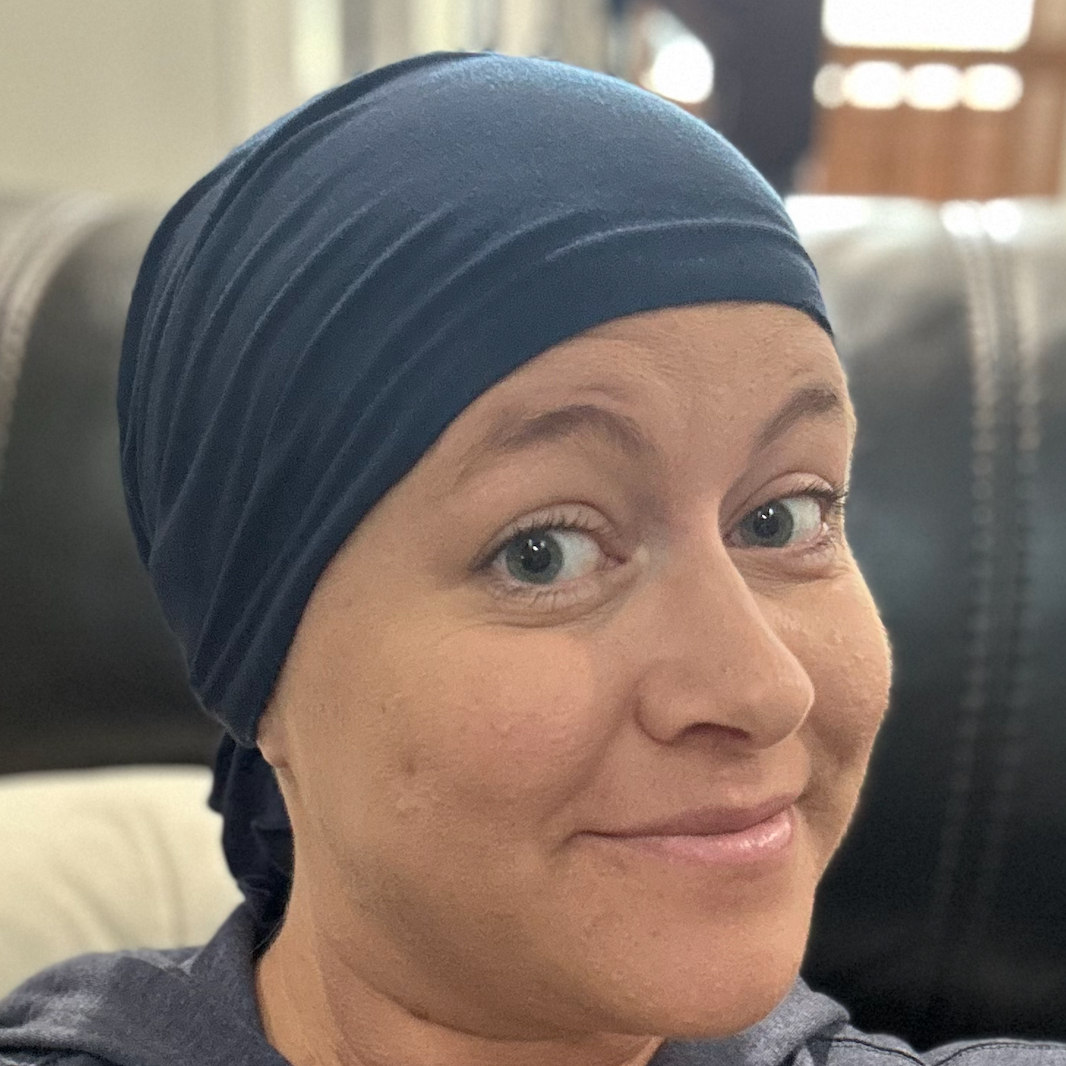
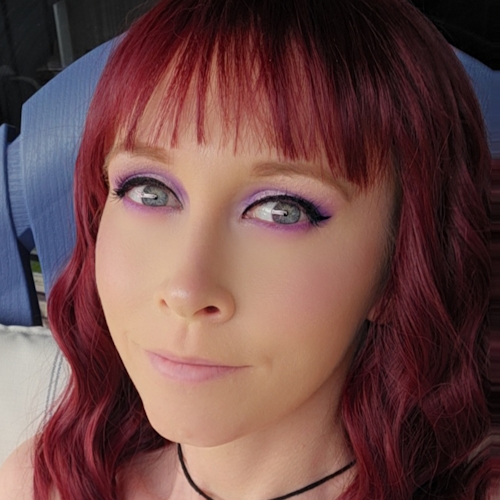


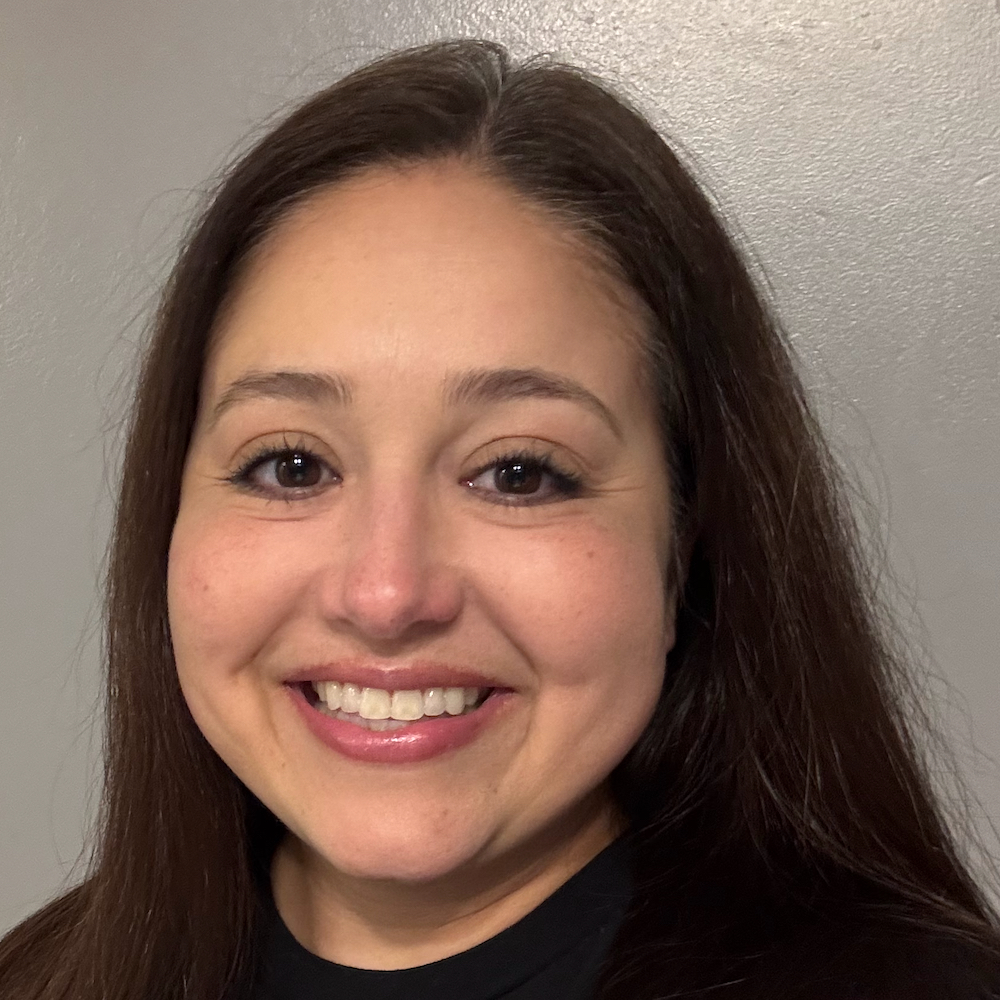








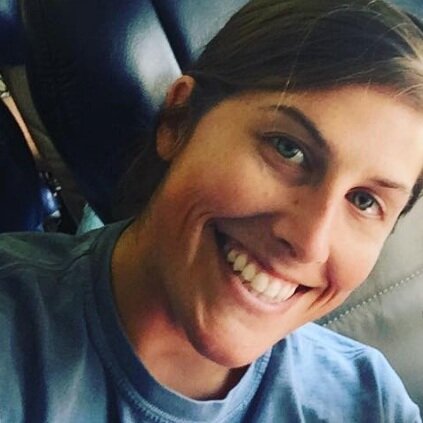

2 replies on “Stage 1 Ampullary Cancer and New Motherhood: Michelle’s Story of Grace and Strength”
I was just diagnosed with ampullary cancer as well, and am 5 months postpartum. Would love to connect with Michelle if she’s available.
Having read these stories, I’m surprised not to see CAR T-cell therapy listed. My husband, diagnosed with Multiple Myeloma in 2014, received CAR T 13 months ago after trying stem cell and various other drugs. The good news is, his MM is currently in remission. However, he’s been battling debilitating GI side effects consistently for these past 13 months. I’m wondering if you have any patient stories or insights from others who’ve undergone CAR T treatment?”